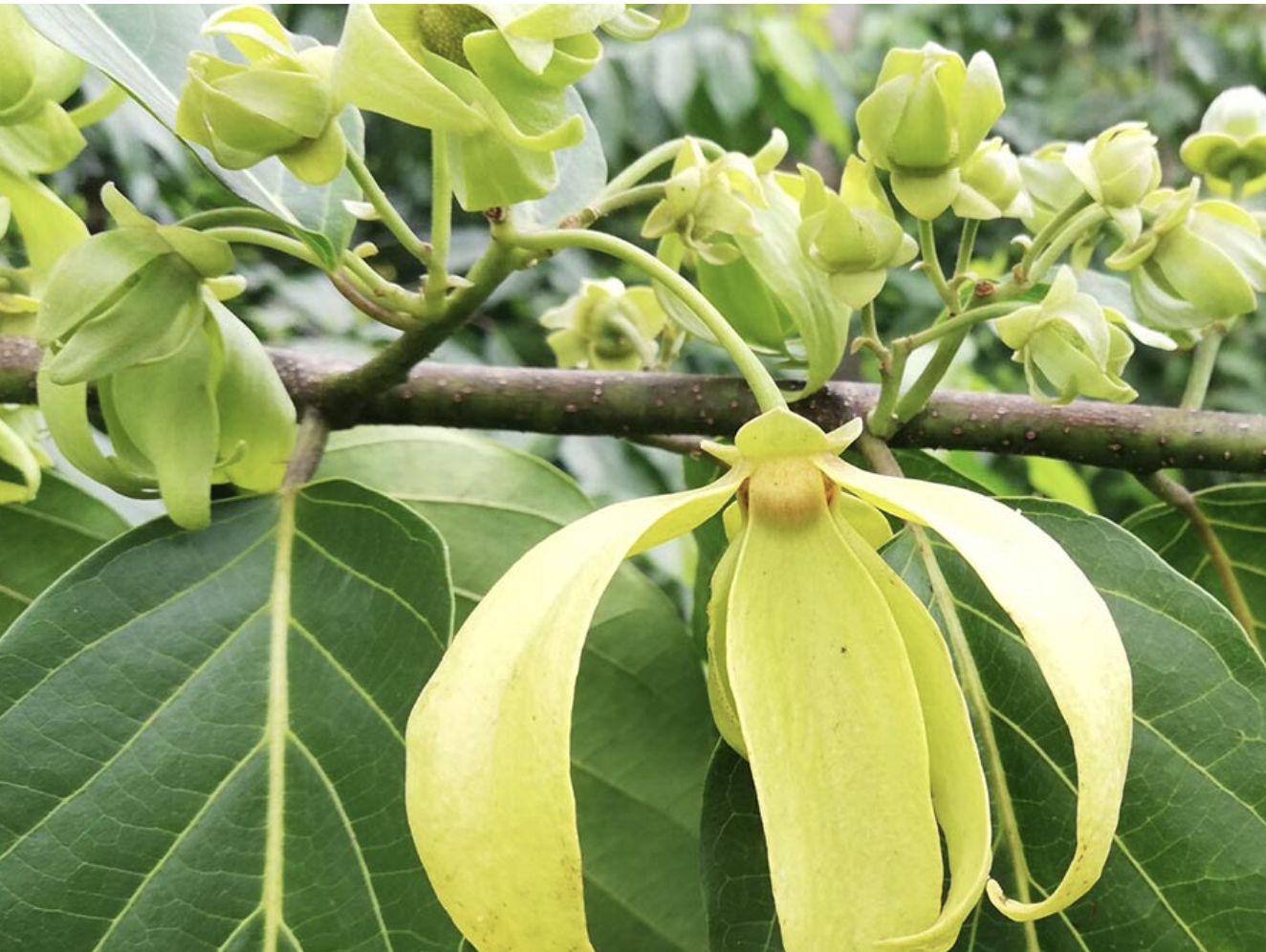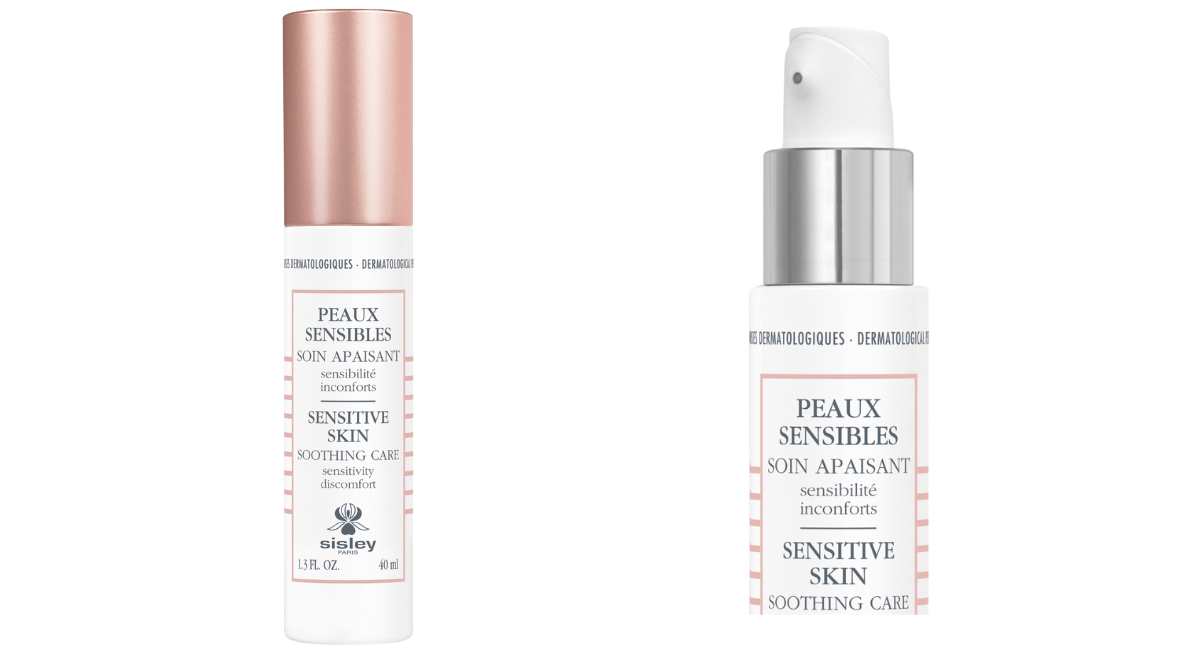
How to Ensure Ethical Sourcing. The case of Ylang Ylang from Madagascar with Jacarandas
Ethical sourcing is paramount to ensuring sustainability in our beauty and fragrance industries. It will allow brands to track their efforts throughout the supply chain and substantiate sustainable marketing claims. Transparency plays an essential role in gaining consumer trust.
When sourcing new ingredients or materials for the beauty industry, one must wonder about the benefits he brings to the world. After all, we are only using raw materials to “put on our face and body or just to smell good”, one might say. As beauty professionals, we understand we are also bringing value to the market since we can pay good value for good products while avoiding resource depletion.
This summer, 2024, we visited a Jacarandas distillery at the heart of Nosy Be Island in the North of Madagascar. Madagascar is the fourth largest island in the world, located on the southeastern coast of Africa. It remains one of the poorest countries in the world, with approximately 75 percent of the population living below the national poverty line threshold of one dollar per day. Madagascar also remains one of the countries with great biodiversity and is globally known for its biodiversity, including vanilla, ylang-ylang, and cloves.
Knowing this background, how do we ensure, as an industry, that we are not benefiting from the less fortunate and offering better opportunities to the local population?
Ylang-Ylang - a delicate resource
Ylang-ylang is a strong scent with a peculiar perfume note that cannot be synthesised—not every scent can be reproduced chemically—and can only be sourced through natural plantations. The scent is extracted through distillation while making essential oil. It is a fragile flower. It must be protected in the transformation process, which can only be done locally as damages can happen at transportation, and it must also be handpicked to preserve the integrity of the flowers with a soft manual picking.
Ylang-Ylang flowers grow on trees adapted to the tropical climate of Madagascar. “ The tree becomes productive from its fifth year. It’s cut so that it does not get too much height. Its branches are then processed manually to push down and facilitate the harvesting of the flowers. One tree can produce 4 to 6 kg of flowers per year. The flowers are picked early morning. Distillation must be performed within 24 hours, and the essential oil yield is 2.5%.” Explains Jacarandas.
Flowers can grow year-round, but the main growth seasons are October/November and March/April.
Ylang Ylang - a lifeline
Created in 2020, the distillery has developed a network of independent farmers/pickers, which now account for 255, mostly families living locally and usually led by a patriarch who transmits their skills to the next generation.
Jacarandas has developed its plant for Ylang-Ylang under organic (Ecocert) and FFL (Fair for Life) certifications to ensure traceability and specific rules for plantation, harvesting and transformation.
Traceability is vital, and we know the risk in the supply chain at this level, so Jacarandas has developed rigorous practices to ensure optimum transparency and fair treatment.
Contracts that ensure collection are created with a clear schedule for cooperatives and producers. Jacarandas also ensures a fixed and guaranteed price per kilo of flowers with weekly or monthly payments depending on the producer's choice, advocating for respect for human rights while supporting producers.
Producers/pickers located in the Mont Passot region, east of Nosy Be Island
Jacarandas’ Economic, social, and educational support is critical. It ensures that wages allow families to live in fair conditions and equitably between generations, supports school costs for families, and safeguards children from unlawful labour. For instance, they receive technical support and training on market farming and seeds to grow diverse skills and feed their families.
“Madasgacarian farmers are known for their meticulous skills and are a key element of the quality of our production. We want to ensure they learn, grow, and expand their opportunities through us to be less dependent on the market conditions,” explains Benoit Montalègre, Agronome, by training and being the director of the plant.
“We believe that sustainability offers equal opportunities to the entire supply chain, and offering new skills allows producers at the beginning of the chain to rip some of the benefits of a fertile industry.” ‘It’s about a full cycle allowing regeneration through the entire supply chain. “ Editor’s note
Ylang-Ylang, ensuring a circular approach
Water runs in a closed-loop cycle at the distillery and is recycled on-site through ingenious processes. All production waste is reintegrated with composting or effluent management and recycled into green manure (pepper on the plant site) or the compacting of dry sludge from production waste and recycled into fuel bricks for the distillers.
At the same time, wood is grown through an acacia nursery and planted locally to offer autonomous wood sourcing while ensuring resource regeneration. Jacarandas ails to plant 70 000 Acacias from 2024 to 2026.
Jacarandas hope to ensure +100% of its needs with sustainable wood with reduced wood consumption, reforestation, implementation of silviculture, and planting 80,000 feet (mainly cinnamon) for reforestation and diversification of income.
This case study demonstrates our sustainable practices for people, planet, and profit and equitable redistribution, ensuring the future of a clean beauty and fragrance industry.
Acacia Trees nursery, and Trees plantation for Reforestation

